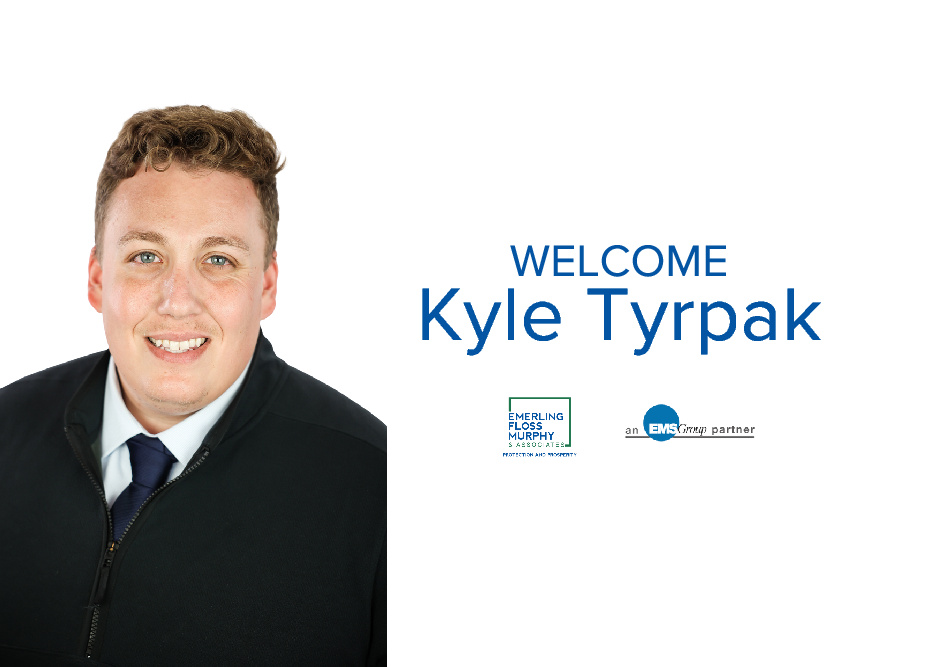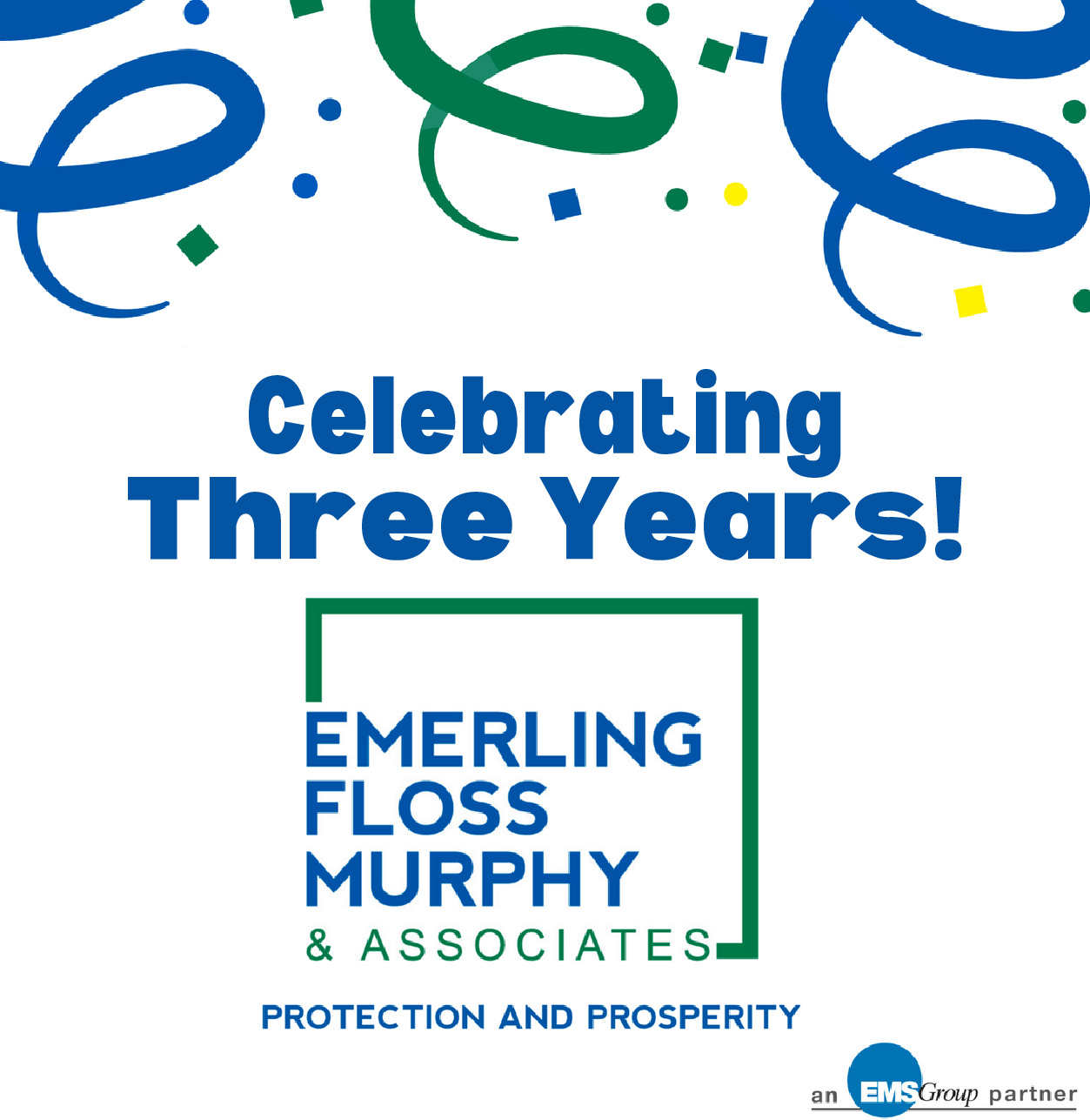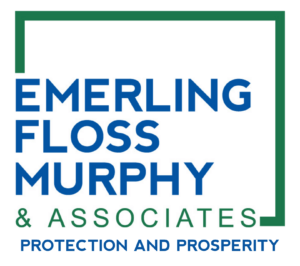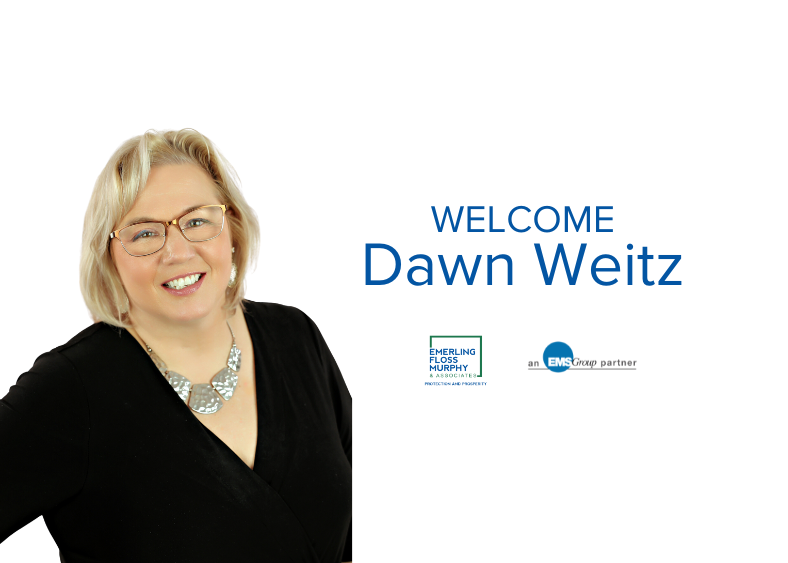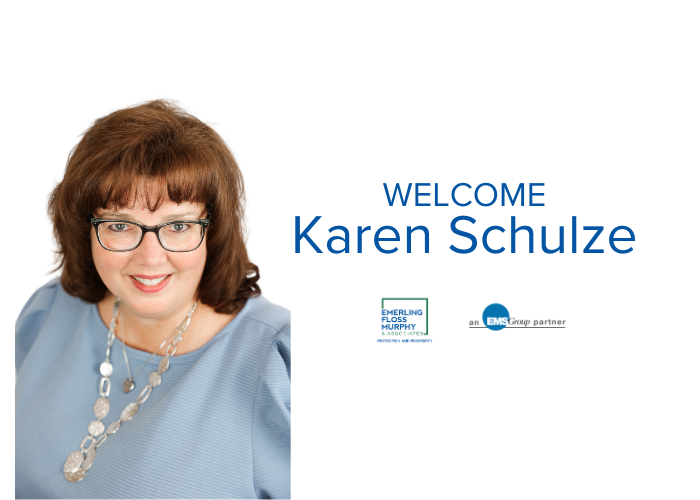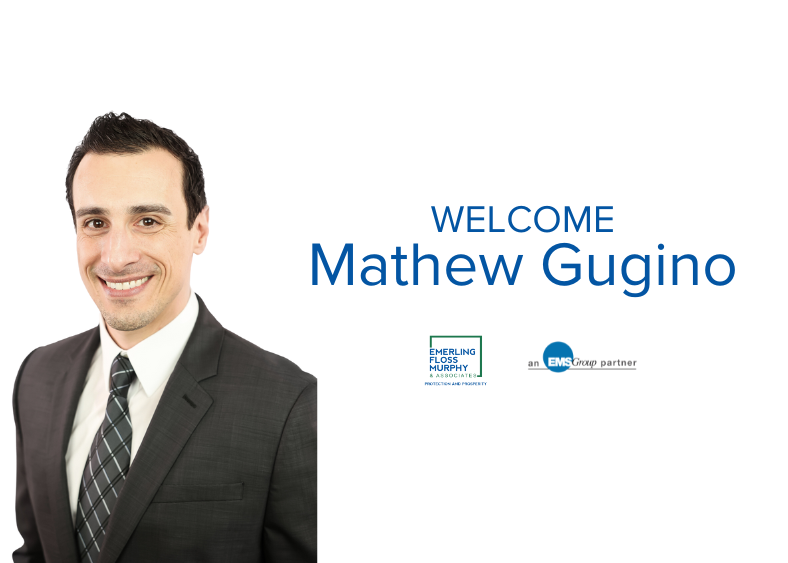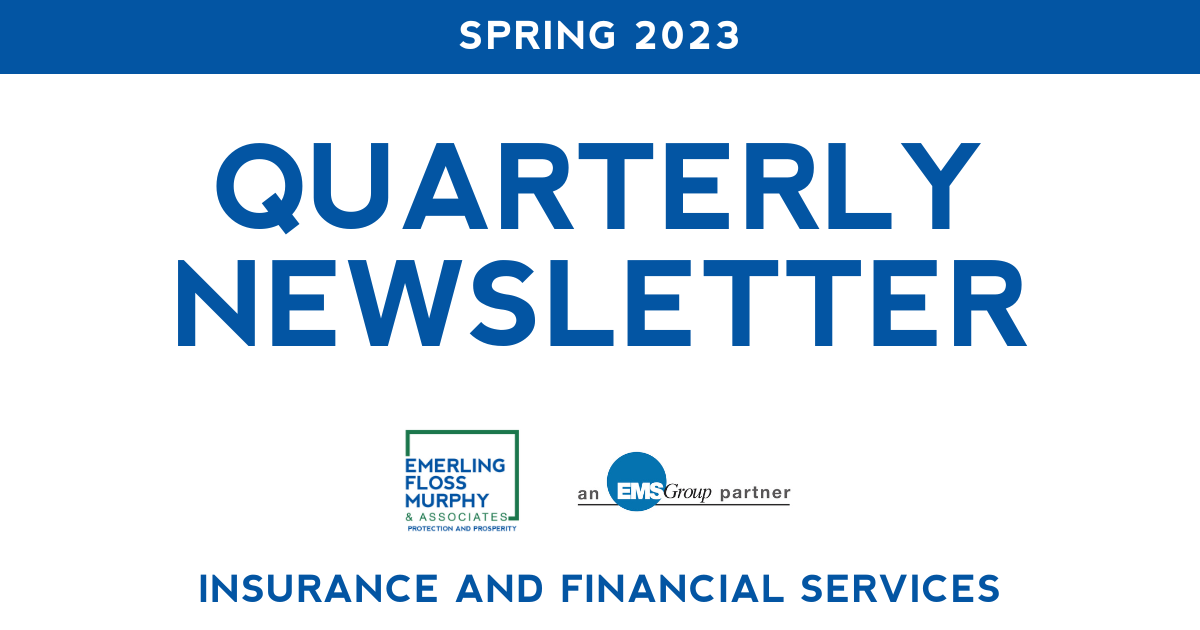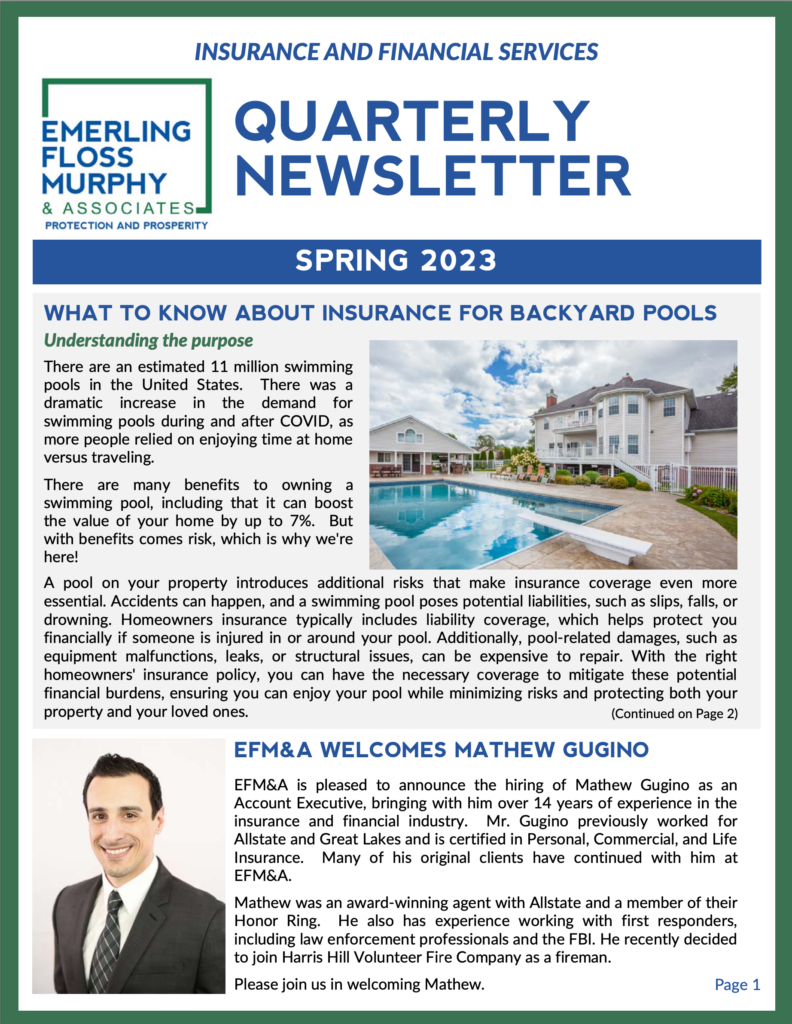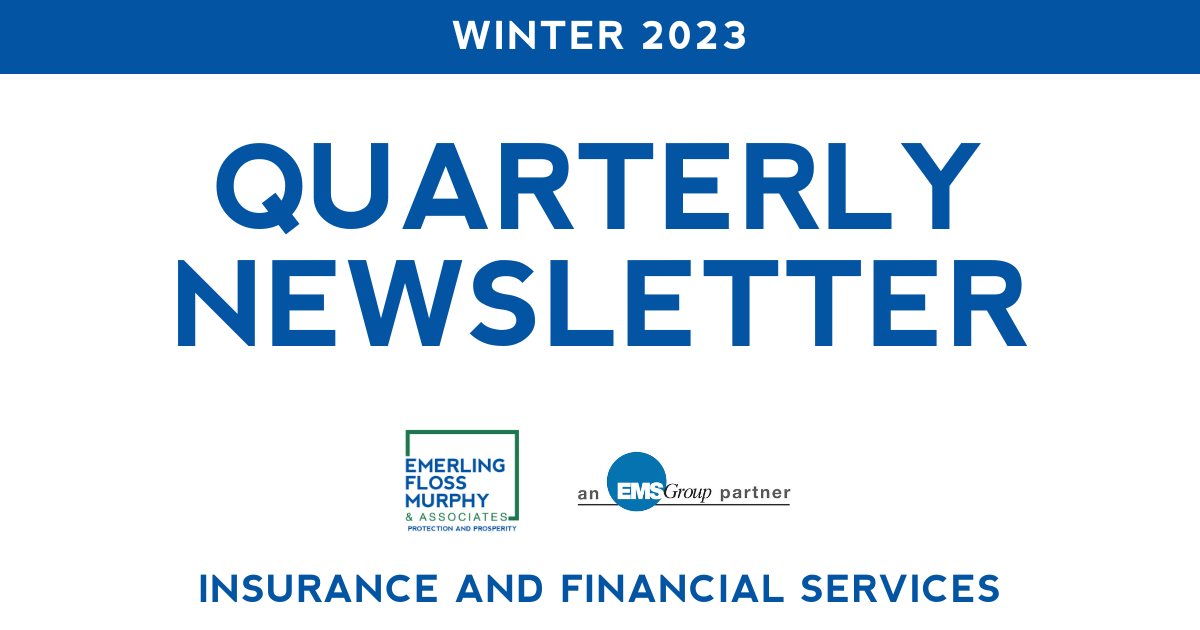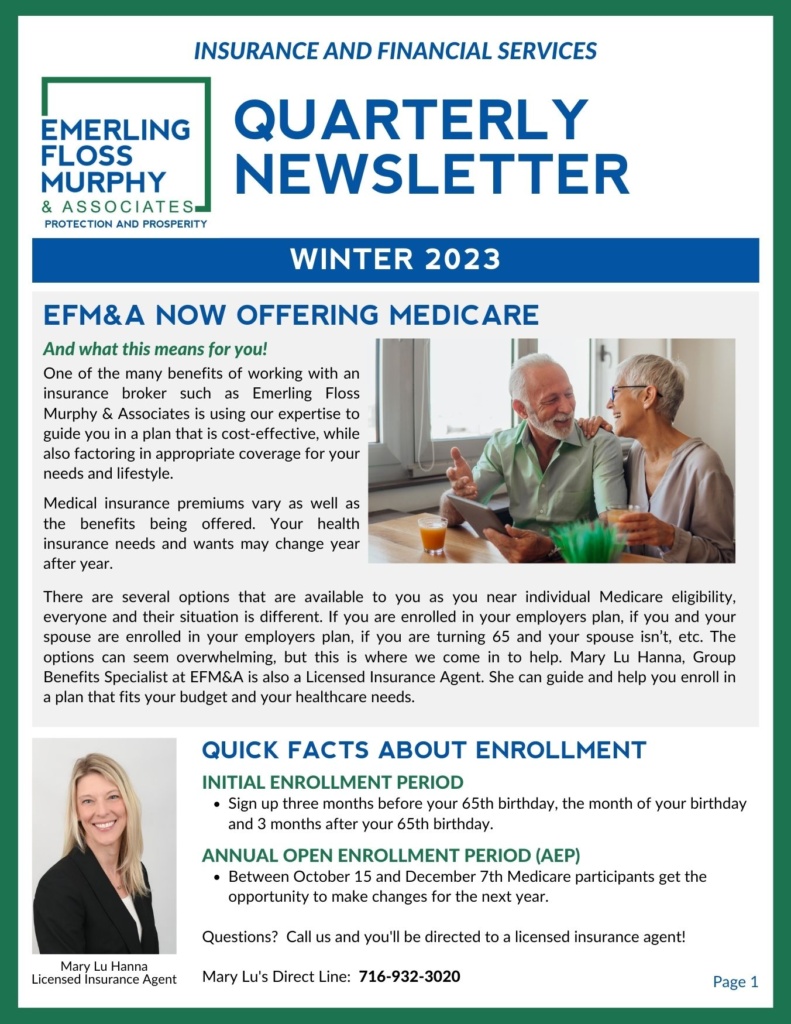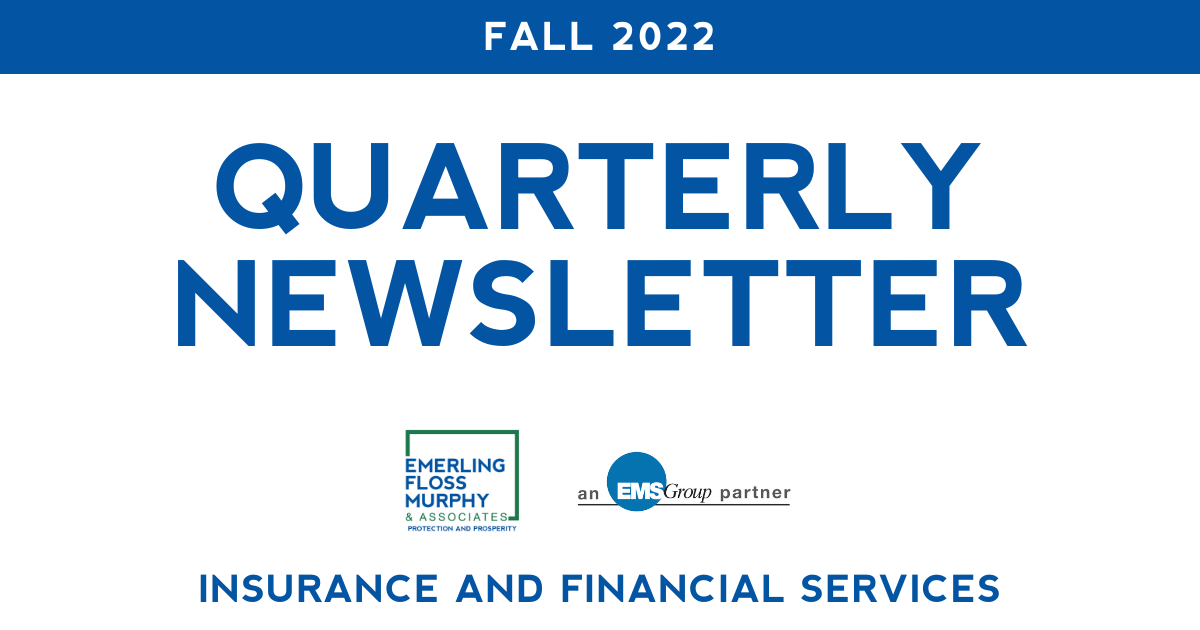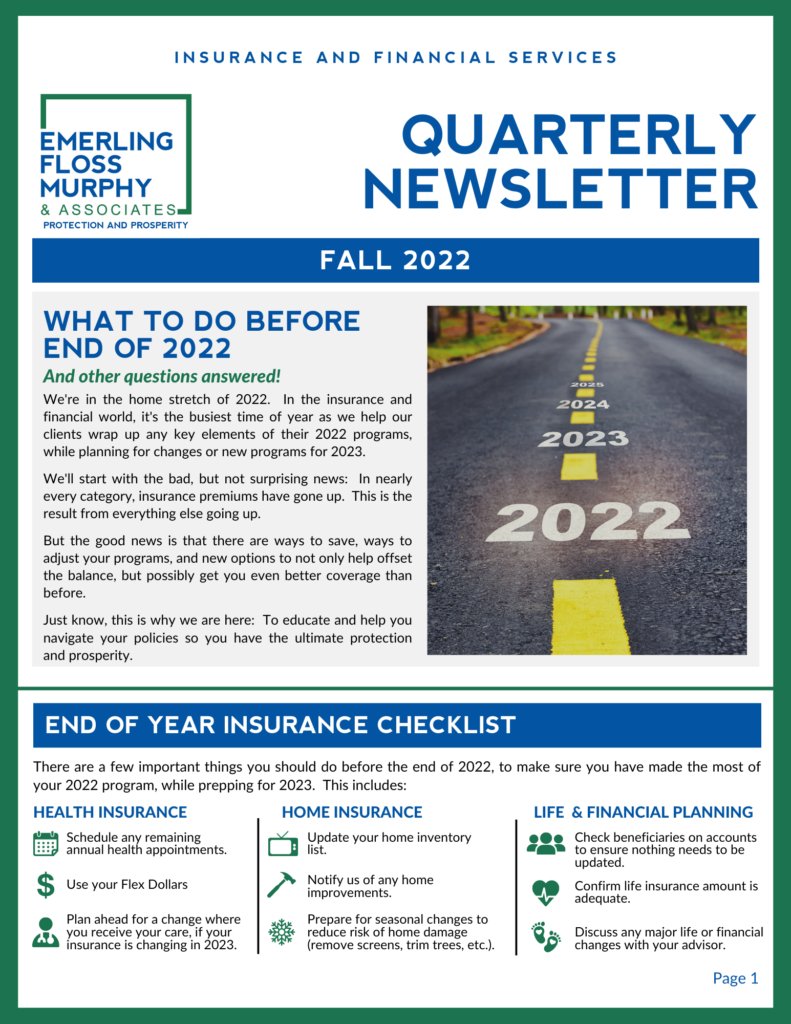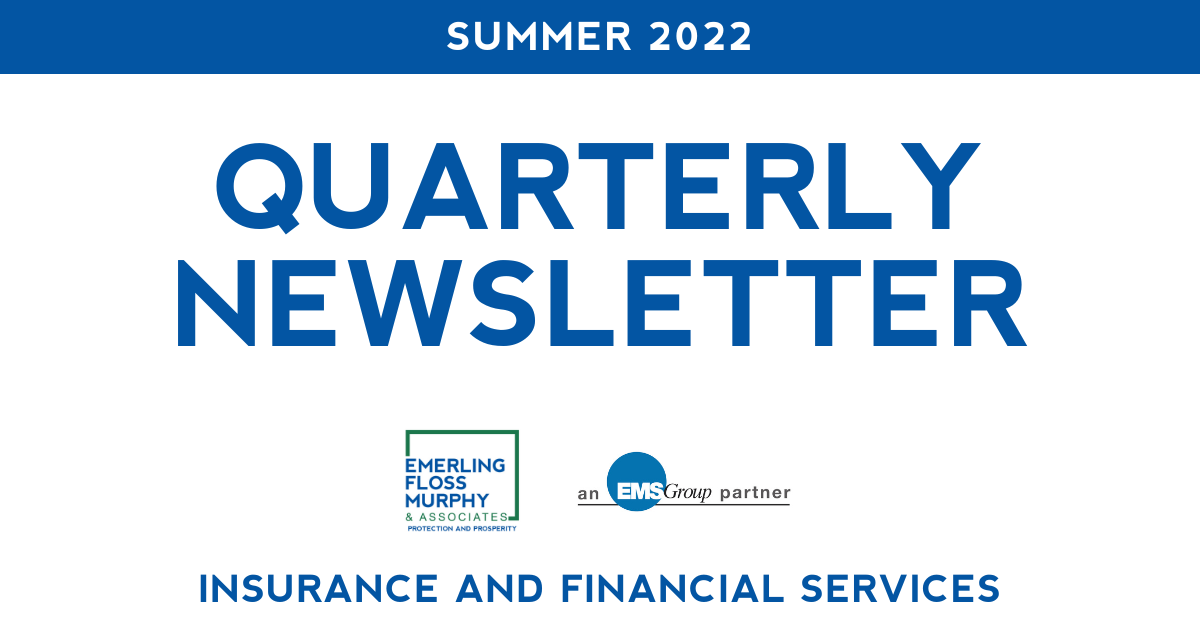Navigating Rising Insurance Rates
Have you noticed a fluctuation in your insurance rates, despite making any policy changes? These changes can occur due to labor costs, economic changes, shifting weather patterns, and other external factors. Discover why your insurance rates have changed and how to save on your Premiums.
Why do Insurance Rates Rise?
Policy Changes
Reporting increases in your home’s value or adjusting policy limits, can lead to higher premiums as it makes your home more expensive to insure, increasing your coverage responsibility.
Material Costs
The cost of building supplies can increase due to supply chain problems, inflation, or other economic factors, resulting in higher insurance costs when repairing or restoring your home or vehicle after a loss.
Labor Costs
As skilled laborers raise their rates, the cost of repairs also rises, contributing to the overall increase in insurance premiums.
Severe Accidents
Rising accident rates drive insurance premiums higher, regardless of your personal driving record. Living in areas with high accident rates also impacts premiums.
Relocating
Relocating to areas with higher accident rates or increased traffic can influence insurance premiums based on location-based risk levels.
Uninsured Drivers
Accidents involving uninsured drivers can lead to more financial responsibility for you and your insurance provider, potentially resulting in rate hikes. These combined factors contribute to the overall increase in car insurance costs.
Bad Weather:
Severe weather significantly impacts insurance policies, covering incidents like tornadoes, hailstorms, and wildfires. The U.S. has witnessed 10 or more billion-dollar disasters annually for the past eight years, affecting both home and auto insurance rates. As climate changes continue, insurance premiums nationwide are adjusting to managing the rising risks associated with extreme weather events.
How to Save on Insurance Premiums
Review Your Policy
Update your policy to ensure appropriate coverage and avoid paying for unnecessary items.
Increase Your Deductible
A deductible is the amount you pay after a loss. By increasing your deductible, you take on more responsibility after an accident. However, it can lower your monthly insurance costs if you are a safe driver unlikely to cause at-fault accidents.
Prevent a Loss
Prevent insurance rate increases by installing safety features in your home and car. Consider safe driving devices and take a defensive driving course. Take proactive measures to reduce risks and potentially qualify you for insurance discounts.
Ask About Discounts
Insurance providers commonly offer discounts for safe driving, loyalty, and multi-vehicle policies. Speak with an agent to help you find and enroll in all available discounts.
Pay in Full
Save on auto insurance premiums by choosing payment options wisely. Insurance providers often offer discounts for paying in full upfront and setting up auto-pay can also lead to potential savings.
Bundle Your Policies
Save on insurance by bundling policies with one provider. Keeping homeowners, commercial, auto, and other coverage together rewards loyalty and simplifies claims while offering potential cost savings.










